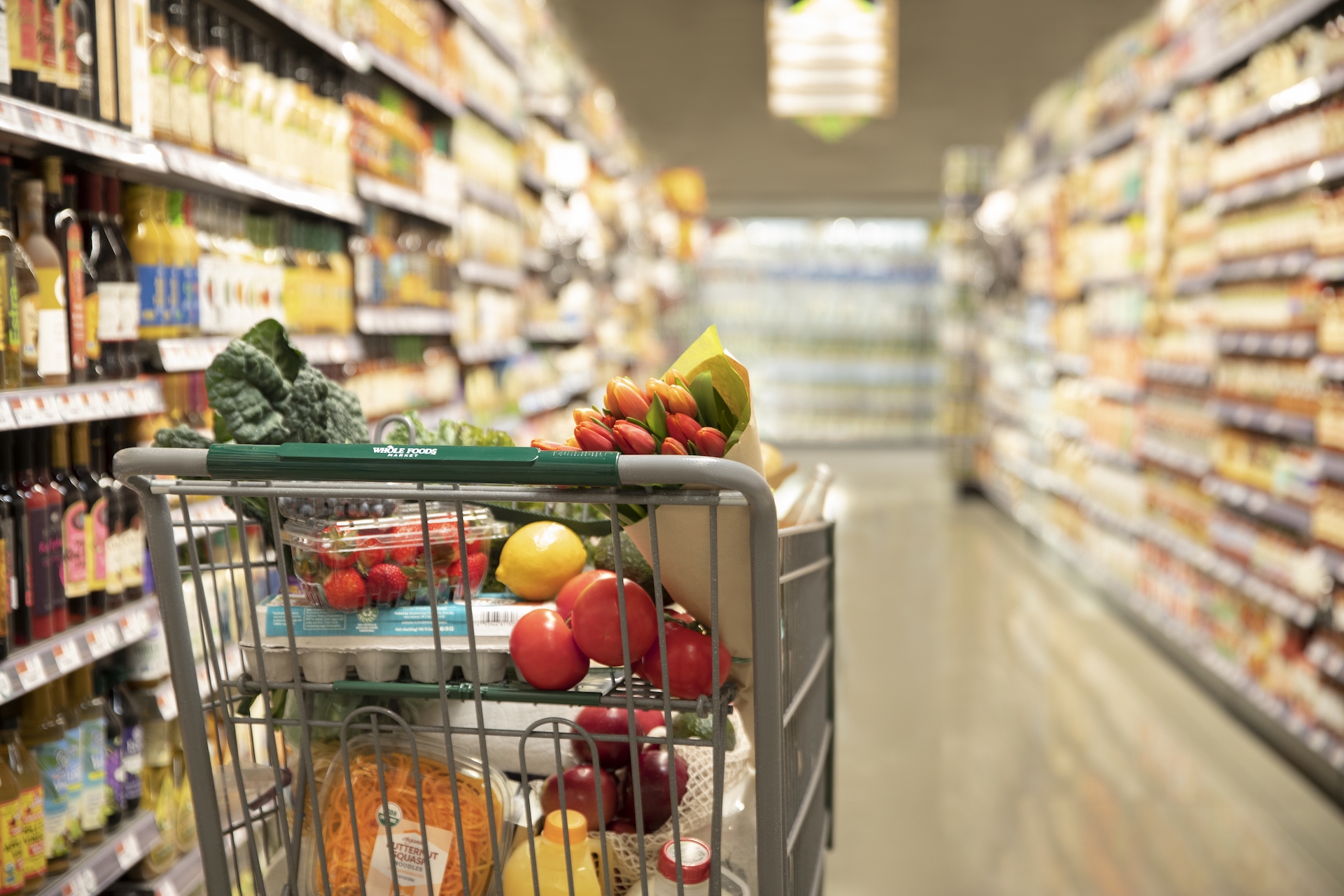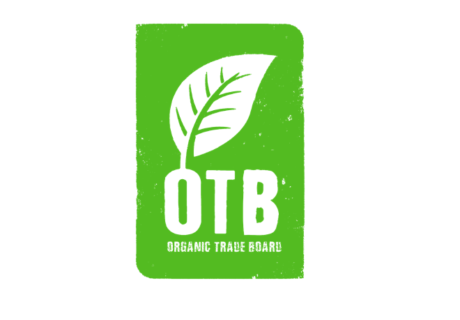Local sharing app Olio has announced a partnership with Whole Foods Market to support the retailer with food waste prevention in its London stores.
The initiative has been launched after a successful six-week pilot scheme at Whole Foods’ Kensington store which saw Olio’s team of ‘food waste heroes’ collect over 1,200kg of edible food from the retailer (the equivalent of 2,800 meals), feeding 439 local households and avoiding 5,000kg of CO2 emissions.
The London stores have committed to giving Olio any remaining organic produce that isn’t taken by its local charity partners at closing time – including baked goods, salads, deli counter items, meat, poultry and ready meals – to be distributed through the Olio platform to local households for free.
Olio users will be very happy to see another retailer taking steps to be even more sustainable and reduce food waste
“We’re delighted to announce this partnership with Whole Foods Market,” comments Tessa Clarke, co-founder and CEO of Olio. “Olio users will be very happy to see another retailer taking steps to be even more sustainable and reduce food waste. Plus, Olio users living nearby to any of the Whole Foods Market stores will be delighted that they can now access high quality natural and organic produce through the app for free.
“This is positive news for those feeling the hardships of the ongoing cost of living crisis and the recent food inflation increases that have caused grocery bills to skyrocket. Whole Foods Market is a fantastic partner for us and a great example of a retailer working hard to save perfectly good produce from going to waste.”
Shaun Coombes, Executive Leader of Operations at Whole Foods Market adds: “This partnership builds on our purpose ‘to nourish people and the planet’. It is now more important than ever to pull together to tackle food waste, and we are constantly exploring new ways to ensure we are delivering against this mission. This new partnership with Olio is one more step forward to ensuring any left-over perishable food ends up in the hands of those in the community who need it, rather than in landfill”.





